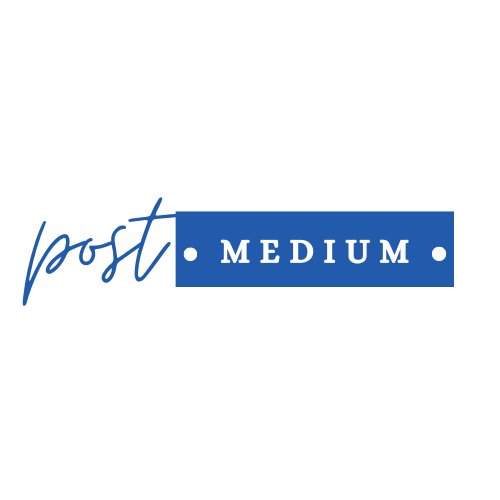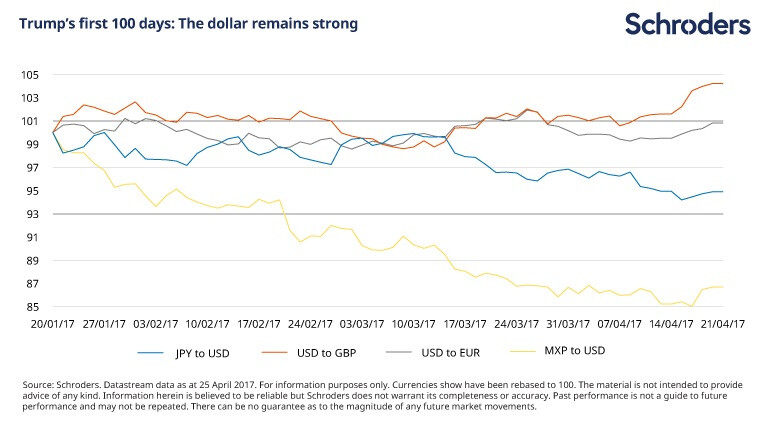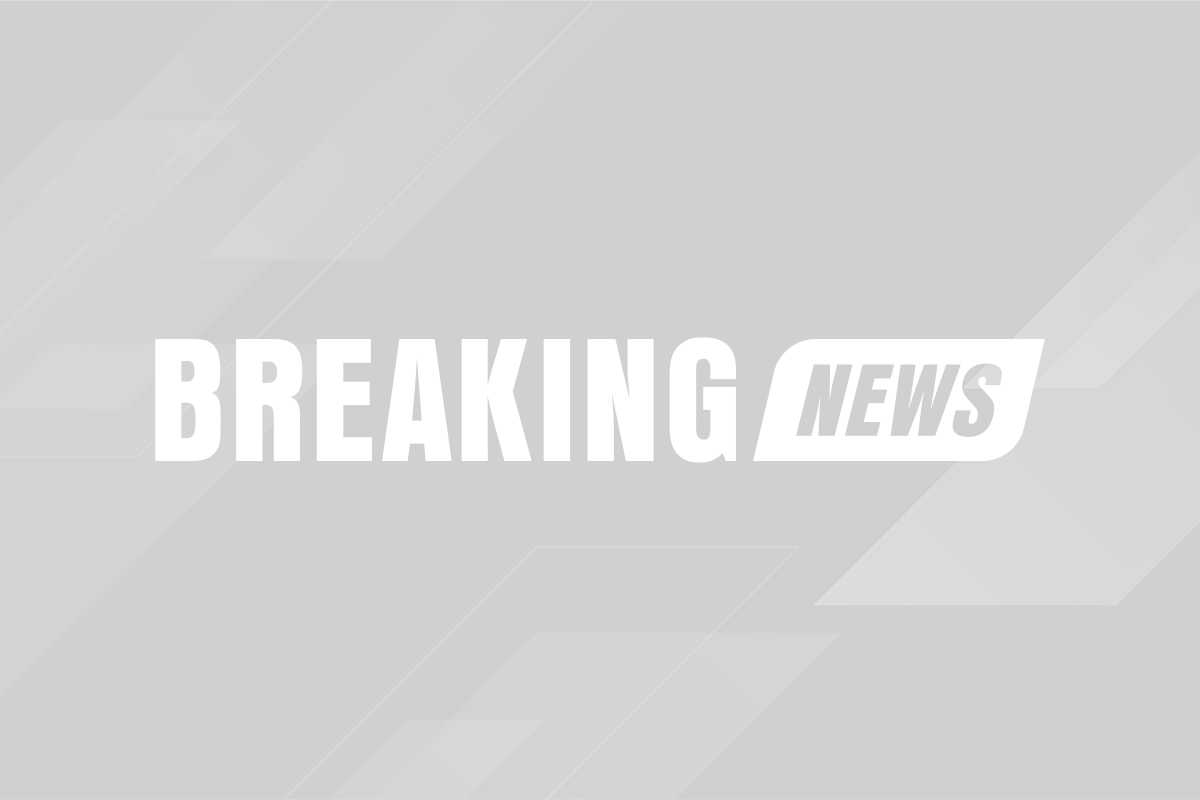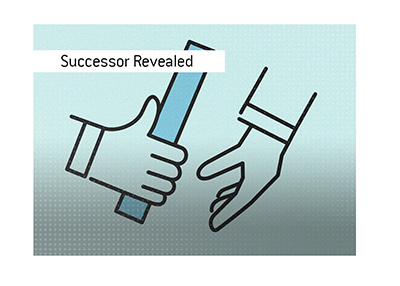TikTok's Influence On ADHD Diagnosis: A Critical Look

Table of Contents
The Accessibility of ADHD Information on TikTok
TikTok's short-form video format has made complex topics like ADHD more accessible than ever before. This accessibility has both benefits and drawbacks regarding ADHD diagnosis.
Pros:
- Increased Awareness and Visibility: TikTok has broadened awareness of ADHD, reaching audiences who might not otherwise have encountered information about the condition. The hashtag #ADHD boasts millions of views, demonstrating the vast reach of these discussions.
- Community Building and Support: The platform fosters a sense of community among individuals with ADHD and their loved ones. Sharing experiences, coping strategies, and support networks can be incredibly beneficial for those navigating the challenges of ADHD.
- Improved Access to Information: Many find it easier to access information through short, engaging videos than through traditional channels. This is particularly true for individuals who may feel intimidated by or lack access to formal medical resources.
- Positive Content and Creators: Numerous accounts provide valuable resources, including:
- Explanations of ADHD symptoms, subtypes, and comorbidities.
- Practical tips for managing ADHD symptoms in daily life (e.g., time management techniques, organization strategies).
- Information about diagnostic processes and treatment options.
- Links to reputable organizations offering support and resources.
- Examples of Beneficial Content: Videos explaining executive dysfunction, showcasing effective organizational tools, and sharing personal stories of navigating ADHD can be empowering and educational.
Cons:
- Misinformation and Self-Diagnosis: The lack of professional oversight on TikTok allows for the spread of misinformation, leading to inaccurate understandings of ADHD and potentially harmful self-diagnoses.
- Negative Experiences and Triggers: Some content can be insensitive, triggering, or even contribute to negative self-perception amongst those with ADHD.
- Oversimplification of ADHD: The complexities of ADHD are often reduced to simplistic explanations, failing to capture the nuanced nature of the disorder.
- Lack of Professional Verification: The ease with which information, regardless of its accuracy, can spread on TikTok poses a considerable risk. Without professional verification, individuals may receive misleading or harmful advice.
- Examples of Misleading Content: Videos suggesting quick fixes or miracle cures for ADHD, promoting unproven treatments, or misrepresenting symptoms are prevalent and concerning.
The Impact of TikTok Trends on ADHD Diagnosis Seeking
TikTok trends, while sometimes raising awareness, can also lead to misinterpretations and unrealistic expectations.
Increased Awareness, But…
While trends can introduce ADHD to wider audiences, they frequently oversimplify the condition. The focus on relatable experiences, while beneficial for community building, can also lead to a skewed perception of the diagnosis and its implications.
The "TikTok Diagnosis"
The phenomenon of self-diagnosis based on TikTok trends is deeply problematic. Individuals might incorrectly identify with certain characteristics, leading to delayed proper diagnosis, ineffective self-treatment attempts, and unnecessary mental health distress. A "TikTok diagnosis" is not a substitute for a professional evaluation.
The Role of Influencers
Influencers hold significant power in shaping perceptions of ADHD and the diagnostic process. While some responsibly promote seeking professional help and understanding, others may unintentionally or intentionally spread misinformation, potentially causing harm. Ethical responsibilities for influencers discussing mental health are paramount.
The Role of Professionals in Navigating TikTok's Influence
Healthcare professionals have a critical role in both addressing misinformation and leveraging TikTok's potential for outreach.
Addressing Misinformation
Professionals need proactive strategies to combat misinformation, such as creating their own engaging content, partnering with trustworthy influencers, and educating the public about accurate information sources for ADHD. This might include creating videos debunking myths or explaining the diagnostic process accurately.
Utilizing TikTok for Outreach
Mental health professionals can use TikTok to reach wider audiences, provide accurate information, and connect with individuals seeking help. This could involve creating short, informative videos explaining complex concepts in accessible ways or providing links to relevant resources.
Ethical Considerations for Professionals
Ethical guidelines must be carefully considered when using TikTok. Maintaining professional boundaries, avoiding self-promotion at the expense of patient well-being, and adhering to data privacy regulations are crucial for responsible use of the platform.
Conclusion
TikTok's influence on ADHD diagnosis is a double-edged sword. While it has undeniably increased awareness and fostered community, it simultaneously poses risks due to the spread of misinformation and the potential for inaccurate self-diagnosis. The accessibility of ADHD information on TikTok is a powerful tool, but it must be coupled with critical thinking and the guidance of professionals. Remember, understanding ADHD is complex and requires consultation with a qualified healthcare professional. Don't rely solely on TikTok for ADHD information; seek professional help for an accurate ADHD diagnosis. TikTok should be viewed as a supplementary resource, not a primary source for medical advice. Seeking a proper ADHD diagnosis from a qualified professional is crucial for appropriate treatment and support.

Featured Posts
-
 Bundesligas Italian Legacy The Impact Of Grifo Immobile Toni Barzagli And Rizzitelli
Apr 29, 2025
Bundesligas Italian Legacy The Impact Of Grifo Immobile Toni Barzagli And Rizzitelli
Apr 29, 2025 -
 Capital Summertime Ball 2025 How To Buy Tickets
Apr 29, 2025
Capital Summertime Ball 2025 How To Buy Tickets
Apr 29, 2025 -
 U S Dollars First 100 Days Under Scrutiny A Comparison To The Nixon Era
Apr 29, 2025
U S Dollars First 100 Days Under Scrutiny A Comparison To The Nixon Era
Apr 29, 2025 -
 The Impact Of Constant Touring On Willie Nelsons Health
Apr 29, 2025
The Impact Of Constant Touring On Willie Nelsons Health
Apr 29, 2025 -
 Gender Identity And The Supreme Court Trans Rights And Gender Critical Responses
Apr 29, 2025
Gender Identity And The Supreme Court Trans Rights And Gender Critical Responses
Apr 29, 2025
Latest Posts
-
 The Lesson In Buffetts Winning Apple Bet A Deep Dive Into Investment Strategy
May 06, 2025
The Lesson In Buffetts Winning Apple Bet A Deep Dive Into Investment Strategy
May 06, 2025 -
 Greg Abel The Man Set To Lead Berkshire Hathaway After Buffett
May 06, 2025
Greg Abel The Man Set To Lead Berkshire Hathaway After Buffett
May 06, 2025 -
 Are We In A Recession Stock Market Performance Suggests Otherwise
May 06, 2025
Are We In A Recession Stock Market Performance Suggests Otherwise
May 06, 2025 -
 Rare Kilauea Eruption Volcanic Activity Unlike Anything Seen In Decades
May 06, 2025
Rare Kilauea Eruption Volcanic Activity Unlike Anything Seen In Decades
May 06, 2025 -
 Kilauea Volcanos Unexpected Eruption A 40 Year Pattern Shift
May 06, 2025
Kilauea Volcanos Unexpected Eruption A 40 Year Pattern Shift
May 06, 2025
